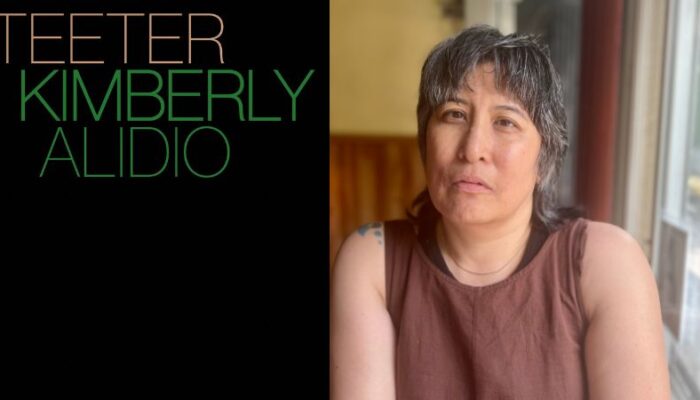“Say with me, controlled burn,” Jordan Rice writes midway through her debut collection of poetry, Constellarium (Orison Books, 2016). She’s writing about the Columbia Space Shuttle explosion, but the line also serves as a synecdoche for Rice’s writing: tight, evocative lines, burning just below the surface. Rice weaves together complicated themes, but most of the works in the collection circle around the idea of home, locally and globally, the body, and its changes. They’re poems that are about displacement, quarrel, and loss, and finding transness through that. In its control, hers is a book I’ve been waiting on for some time.
Many of the poems in the collection are about the author’s experience traversing relationships as an out trans woman. The poems about “transition,” however, resist easy narrative: they’re thorny and nonlinear, infused with a melancholy echoed in the poems’ intentional form. This thorniness is especially interesting in comparison to the collection’s other primary theme of home: how the body is or can become a home, of course, but also the literal act of homecoming to relatives, the speaker’s wife and child, Southern white family lineages that constitute a backdrop to ‘home,’ and the overseas U.S. military interventions that themselves are a rupture to the concept of home. In my favorite poem in the collection, “Tresses,” these boundaries synthesize especially well. Visiting her parents near Lake Jocassee, the speaker wonders:
…how much different
it might have been for me, the other way around
had I been born a girl but was really a boy, hair blond
and grown long by summer and the heat too much,
begging a five dollar cut,
a supple and fluid transition that caught me entirely off guard the first time I read it. The poem has multiple disarmaments like this, both covering the melancholy of visiting family mid-transition that’s familiar to many trans people, and the ways that change is itself is a “process cumulative, accelerating.” Much as the book’s geopolitical undercurrents emerge by gradation (the speaker’s uncle fights in the Gulf War, and military/masculinized trauma figures more explicitly later in the collection), the melancholy in Rice’s poems become established the same way—gradually, in accumulation, hinting at a more explicit, contested presence.
I also grew up a Southern trans femme, and the specific forms of contest and wariness in that identity is one of the reasons I’ve been craving this collection so much. But there’s an ambiguity to navigating that identity, especially within a framework of whiteness, which Rice eludes. She’s incredible at evoking the melancholy and setting of her Carolina and Virginia setting. But Rice’s resistance to engage in less restrained poetic registers—explicitly political writing, say, or an angrier tone in response to the aggressions she describes—is one of the few points of criticism I have of the book, a point in the collection where it rings less than true. As evocative as the poems are, the mannered nature to them—one of the strengths of individual poems— risks reducing the efficacy of the collection as a whole.
Later poems like the title piece, “Constellarium,” are more experimental, but most of the fire in the collection is sublimated below the surface. It’s a collection brimming with loss, but I’m left wishing there was more of a kick or afterbite to it as well. In what ways is the South not an embrace? How can a place like Charlotte, NC, a referent point to several of Rice’s poems —home to more bank headquarters than anywhere on the east coast save Wall Street—both nurture and trap?
The poems are undeniably successful and will hopefully reach a wide audience—as evinced by the recent republication of “Lost Body” in the New York Times Magazine. As a work, I’m incredibly excited about what it signifies, and the abundant strengths of the individual poems. However, I’m left wanting a collection that does everything Jordan Rice does so well, but is able to summon a bit more anger at the violences of familial turmoil, transmisogyny, the invasiveness of the medical-industrial complex, and militarized violence. I’m hungry for more of these lines of inquiry, but even if Constellarium works better as individual poems than as a whole, these are beautiful, tightly wound pieces. Rice is doing exciting and necessary work.




